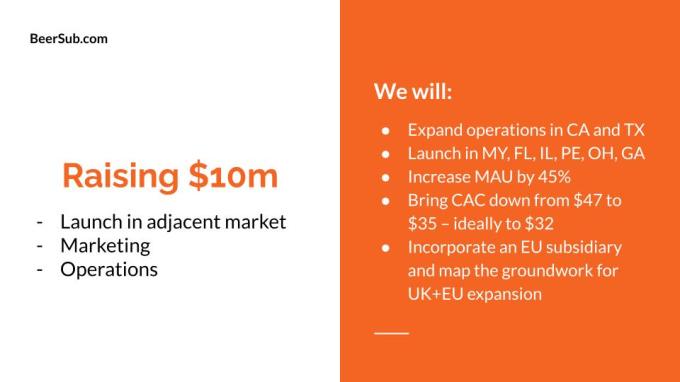|
My work in early-stage startups focused on operations, so I used Wikipedia to find the formula for calculating a company’s post-money valuation:
PMV = N x P
- N = number of shares the company has post-investment
- P = price per share at which the investment was made
So, if a company offers a round with 10 million shares and one investor pays $10 million for 1 million shares, that startup now has a post-money valuation of $100 million.
But, to invoke the Norse god of thunder: is it though?
According to Bastian Hasslinger, an investor at Picus Capital, the ongoing market correction that’s sending a shockwave through the tech industry isn’t just the result of overinflated expectations.
All startups are overvalued because “not all shares are equal,” he writes. Different investor classes enjoy varying levels of downside protection, and as a result, “the model often implicitly overstates the true value of the company, even if the share price paid by the investor is fair.”
Hasslinger describes the current moment as a “normalizing market,” which means the people who have the most to lose in terms of equity are startup employees, founders and investors who didn’t buy into premium share classes.
If you work at a startup, this post is highly recommended reading: it’s a succinct explainer that will help you better understand the market forces that are driving down your company’s valuation.
All valuations are hypothetical, so bear that in mind the next time you’re reviewing an offer letter.
Thanks very much for reading,
Walter Thompson
Senior Editor, TechCrunch+
@yourprotagonist
Read More
|








